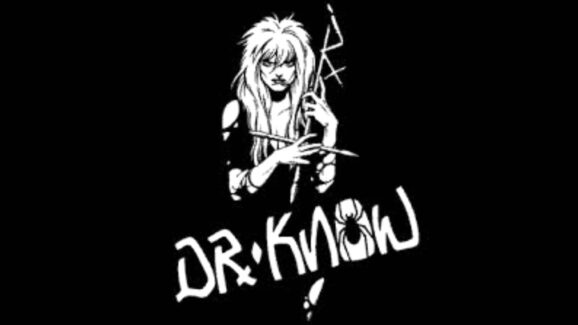[rating=3.50]
 If Bob Mould did nothing more than provide melodic songs and driving guitar for the innovative and influential 1980s band Husker Du his reputation would be secure. Following the band’s demise in the late ‘80s Mould didn’t rest on his laurels, recording a half-dozen albums with his 1990’s group Sugar and a dozen solo projects. His latest, Silver Age, shows he hasn’t lost a step.
If Bob Mould did nothing more than provide melodic songs and driving guitar for the innovative and influential 1980s band Husker Du his reputation would be secure. Following the band’s demise in the late ‘80s Mould didn’t rest on his laurels, recording a half-dozen albums with his 1990’s group Sugar and a dozen solo projects. His latest, Silver Age, shows he hasn’t lost a step.
Life and Times (2009), Mould’s previous project, was multi-textured and emphasized acoustic instruments. With Silver Age he tightens the focus, employing only stacked electric guitars, bass, and drums on no-nonsense arrangements. Turns out that’s totally sufficient.
Layered, super-saturated guitars dominate Silver Age. In fact the melodic crunch of Mould’s guitars is enough to justify a listen. Notes sustain from one chord to the next, creating a droning/modal effect. One of Mould’s primary influences, The Byrds, featured that sound in their pre-Sweethearts of the Rodeo days. Mould and Husker Du recorded a startling version of The Byrds’ “Eight Miles High” in the early ‘80s, a gutsy act given the hardcore scene’s emphasis on angry defiance over melody.
Silver Age’s songs argue for the importance of maintaining idealism in the face of all obstacles: fame, fear, creeping cynicism, and age. Mould’s lyrics are passionate and well-crafted, while remaining conventional in outlook and approach. In the post-punk world Mould is Paul McCartney to Elvis Costello’s wry, word-play-loving John Lennon.
Lyrics, more specifically the treatment of the vocals, are a problem on Silver Age. Mould’s voice is mixed at roughly the same level as the guitars, making the words difficult to hear. The aesthetic of treating vocals and instruments equally was a common practice in the early ‘80s indie movement, inspired by the low-tech sound of 1960s garage rock. Bands like R.E.M. made burying the vocal part of their style, leaving a song’s meaning up to the listener’s interpretation. But Mould’s lyrics are meant to be understood, making their placement in the final mix puzzling. To compound the problem the vocals have been highly compressed and EQ’d, making them sound harsh and mechanical. Mould’s lyrics are intimate and personal, but Silver Age’s production negates much of that intimacy.
The album’s first track “Star Machine” berates a famous acquaintance—or maybe even the singer himself—for trading away what matters for mere celebrity. The riffs, and the scorn, are crushing. The first single from the album, “The Descent,” stars Mould as an aging business executive. Early on he holds a box with the contents of his office, looking out from the top deck of his former office building. Will he jump? He winds up in the woods overlooking a whitewater stream, finding his bearings. The song could be a prescription for the celebrity subject of “Star Machine.”
Mould’s music is frequently described as “loud,” a seeming misnomer since volume is controlled by the listener, at least outside of live performances. The description isn’t wrong, though. Mould’s music is pleasurably loud even when played at relatively low volume. Compression makes it possible. The studio technique that interferes with the vocals on Silver Age works fine for the instruments.
“The Briefest Moment” describes the singer’s escape from small-town boredom, fueled only by undefined longing. The pounding guitars and chord progression underscore a willingness to risk everything, even if it never lasts. “Steam of Hercules” features a (beautifully) heavy descending chord sequence highly reminiscent of the extended end to The Beatles “I am the Walrus.” “Fugue State” sets out with a powerful rumble on drums and builds to the Ramones-like staccato of the chorus, a frequent feature of Mould’s work. “Keep Believing,” the album’s best song, perfectly combines pop and punk with lyrical and musical uplift
In spite of its production issues Silver Age is a clear testimony to Mould’s continuing ability and vision. His marriage of hardcore’s ferocity with popular music’s appreciation for harmony and melody changed the course of indie rock in the ‘80s. With Silver Age Bob Mould proves he is still a master of combining punk energy with pop passion.
Reviewer’s note: Background information on Husker Du was taken primarily from Michael Azerrad’s excellent book Our Band Could Be Your Life.












